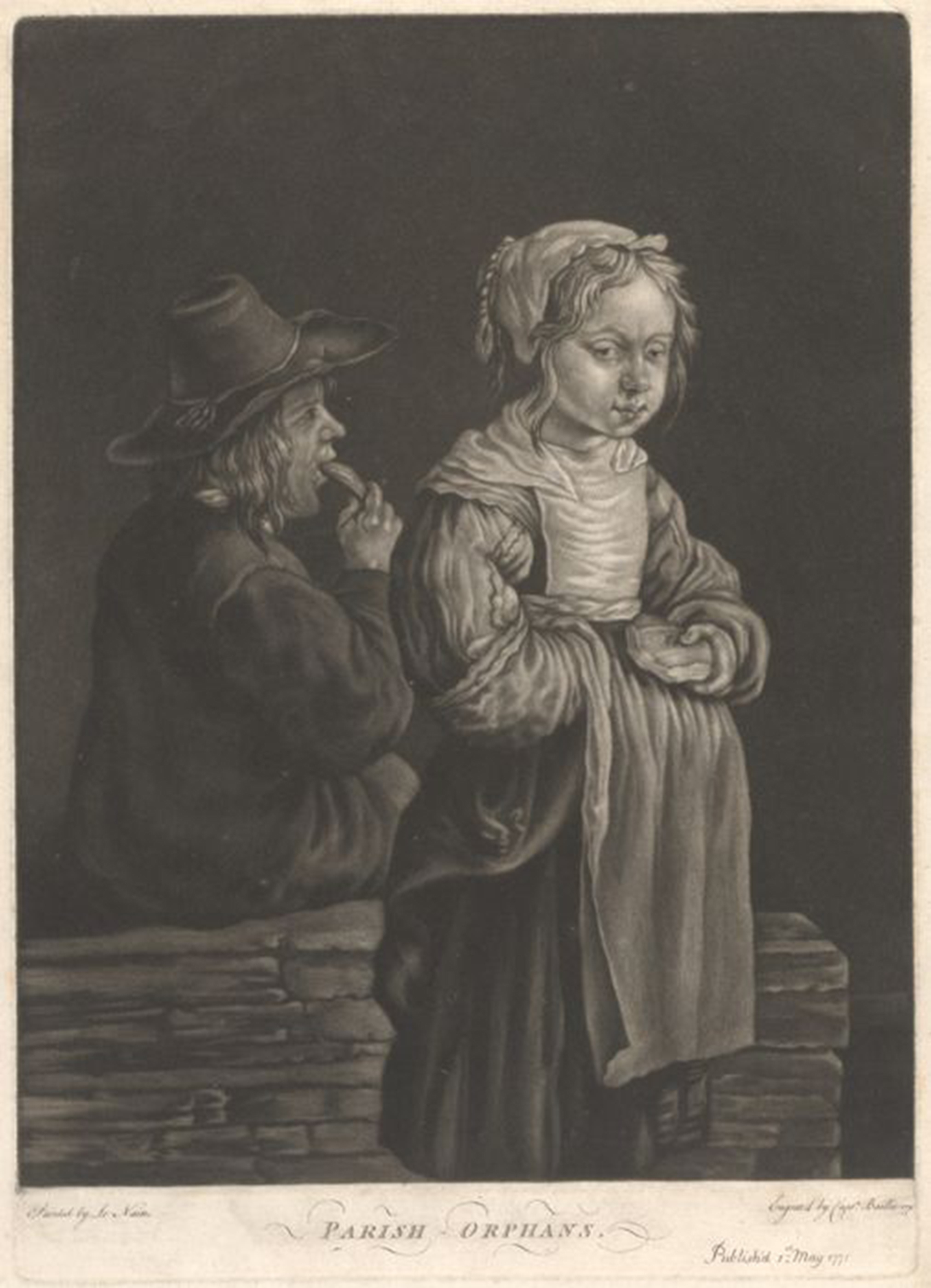Emily Rhodes, who has recently completed a PhD in History, has published an article examining the experiences of 17th-century foster carers in in the journal The History of the Family.
She studied a rare collection of surviving petitions submitted to the Lancashire quarter sessions courts between 1660 and 1720.
Emily looked at the legal battles of 38 foster mothers to get financial help for taking in orphans – known as ‘boarding’ or ‘tabling’ - and found that they had more authority that might be expected.
Emily said:
“These women provided such a vital role that when they weren’t paid enough or at all, they had enough authority to approach their county justices, powerful men, and successfully argue their case.”
Most of the women Emily found in the petitions would have been entitled to poor relief in their own right. In the 17th century, the Old Poor Laws supported a system of relief in England which saw parishioners contributing to a local pot of funds which churchwardens and overseers of the poor allocated to the destitute in the parish.
Some poor or orphaned children were made apprentices but others were placed with a woman in the community, typically a widow or a mother, but sometimes unmarried women. For this work, women expected to receive payment from the parish.
The standard amount for one child was 40 shillings a year. This was vital income for poor foster carers but the payments were not always forthcoming.
In 1671, Anne Beesley told the justices that she had taken in three destitute children from Barton out of pity, fearing ‘they should be starved to death’. Anne claimed that she had expected the authorities to ‘provide for them' within three weeks but this turned into eight weeks and Anne was only reimbursed after petitioning.

Emily found that foster mothers had significant advantages over biological mothers when dealing with the authorities.
Birth mothers had to prove that they were ‘deserving’ of financial support, but said Emily, “for foster mothers, it was enough to say ‘I'm supposed to be paid for this and you’re not fulfilling your part of the deal’.”
Emily also sees parallels with the present. She said:
“Look at the news in 2024 and you will see stories of foster carers not receiving enough support and leaving the system. We still face issues with bureaucracy and people in authority not doing their jobs properly.”
Read more on Fostering Power.
References
Rhodes, E., 'Women as child carers: Arranging and compensating mothering in early modern Lancashire'

